Credit Card Machine for Small Businesses
Cardfellow
MAY 19, 2025
With a credit card machine, youll be able to take credit and debit. Some models include built-in PIN pads for PIN debit transactions.) Some machines let you take magstripe, EMV chip, and NFC (contactless) payments while others only accept magstripe and EMV. You can void transactions and process refunds or returns.


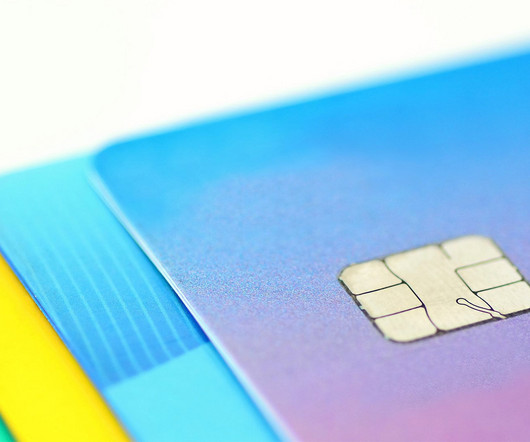



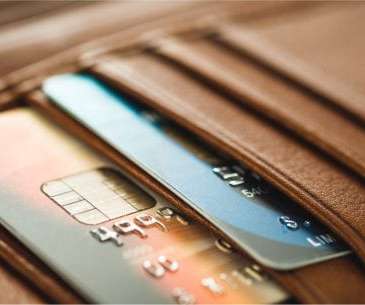

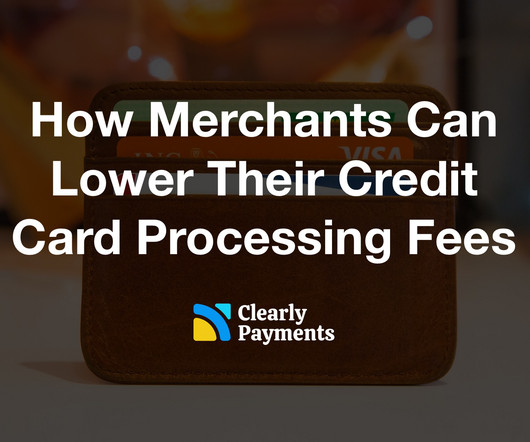

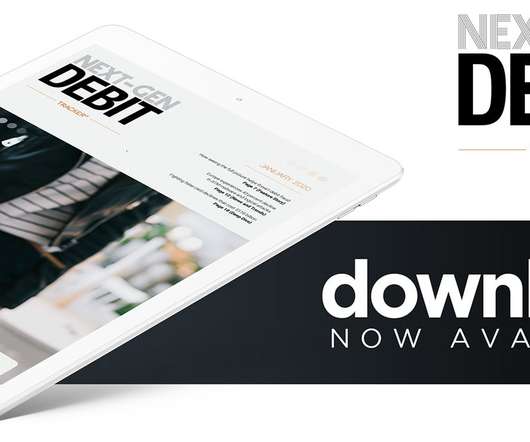



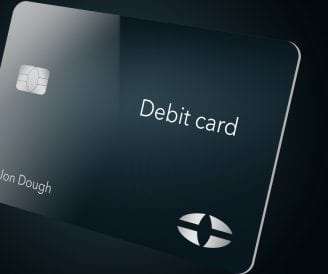





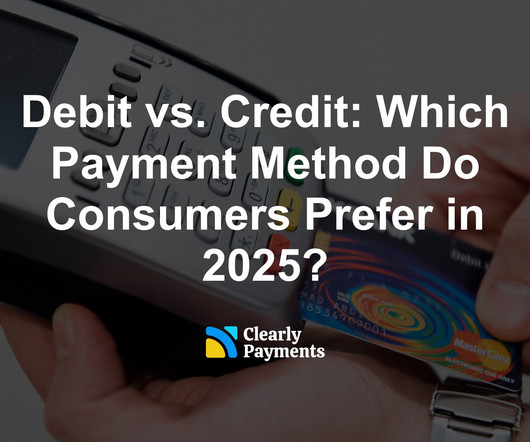






Let's personalize your content